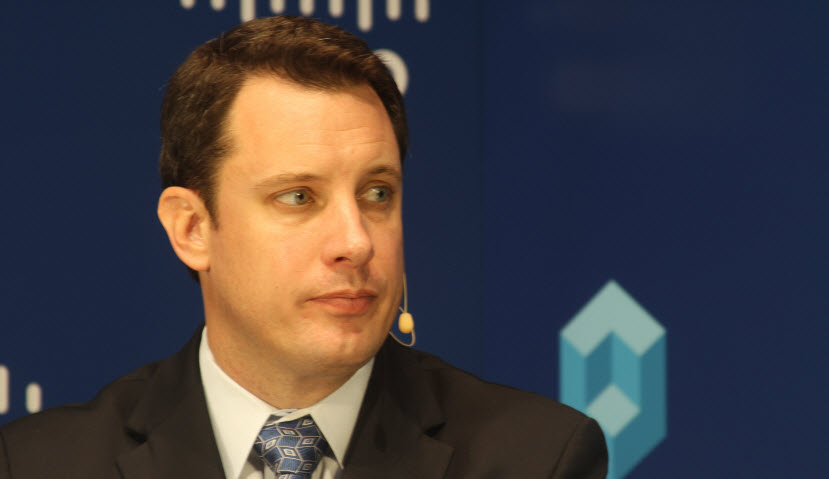 NEWS
NEWS
 NEWS
NEWS
 NEWS
NEWS
It may sound like wordsmithing, but Wikibon analyst Brian Gracely thinks it’s important for CIOs to be specific when they use the term “private cloud.”
Gracely headed up a Wikibon team that recently published an analysis of the private cloud market, concluding that “true” private clouds will start to be delivered in 2016 as integrated solutions. In the process of conducting the research, “We noticed that when most customers are talking about private cloud they’re really talking about basic server virtualization,” Gracely said. “We think too many IT organizations are calling virtualized servers private clouds. If they’re holding themselves to such a low standard, their business users are going to start going around them” to public cloud vendors.
Gracely believes that as organization start to build out hybrid infrastructures that give business users the option of using private and public resources interchangeably, definitions matter. As public cloud matures, users are settling on a set of expectations for tasks like provisioning, managing and scaling their environments. Organizations that advertise private cloud capability must provide functionality similar to providers like Amazon Web Services or Microsoft Azure or risk disappointing their constituents.
“Cloud should be on-demand, easy to consume, self-service and provide scalable capacity, “Gracely said. “The reality is that very few organizations deliver those capabilities for private cloud, even though we hear CIOs say private and hybrid are their top priorities.”
That doesn’t mean IT needs to duplicate the vast functionality of Amazon Web Services’ public cloud, a task that is impractical for almost anyone. It does mean setting a baseline of functionality. If business users want to use public cloud services, that’s fine. IT’s role is to make sure the distinctions are clear.
The Wikibon report includes seven bullet points that the analysts suggest should characterize a true private cloud. They include a converged infrastructure foundation, self-service access, full visibility on costs and maintenance and software support delivered by the cloud provider.
One thing the list doesn’t specify is where the cloud must live. That’s because location is increasingly becoming agnostic as public cloud providers build out fully integrated services for private use. “There really is no definition that says a private cloud has to live in your building,” Gracely said. “Rather, it has to be dedicated to you.”
The bigger ownership issue is that of data. One reason organizations adopt private cloud is so they can control access, performance and data security to a fine degree. Many co-location vendors rent dedicated equipment that gives their customers full control over resources, even though customers don’t own the equipment. That’s a perfectly acceptable definition of a private cloud, Gracely said.
Having a consistent definition will grow more important as hybrid clouds come to dominate the landscape. Wikibon is forecasting that within a few years, “One-third of IT spend will be public and two thirds will be private in some capacity. “This is a radical shift, as use of public workloads was near zero just a few years ago” Gracely said.
That will put additional pressure on IT organizations to work with their public cloud vendors to ensure consistency across platforms. “If you’re a customer with a distinct need for private resources, you’ll want your hybrid cloud to be operationally consistent between private and public,” he said. “You’ll need to hold yourself to a higher standard. Otherwise, the business will find other ways to get the job done. And that’s a problem for the IT organization.”
THANK YOU